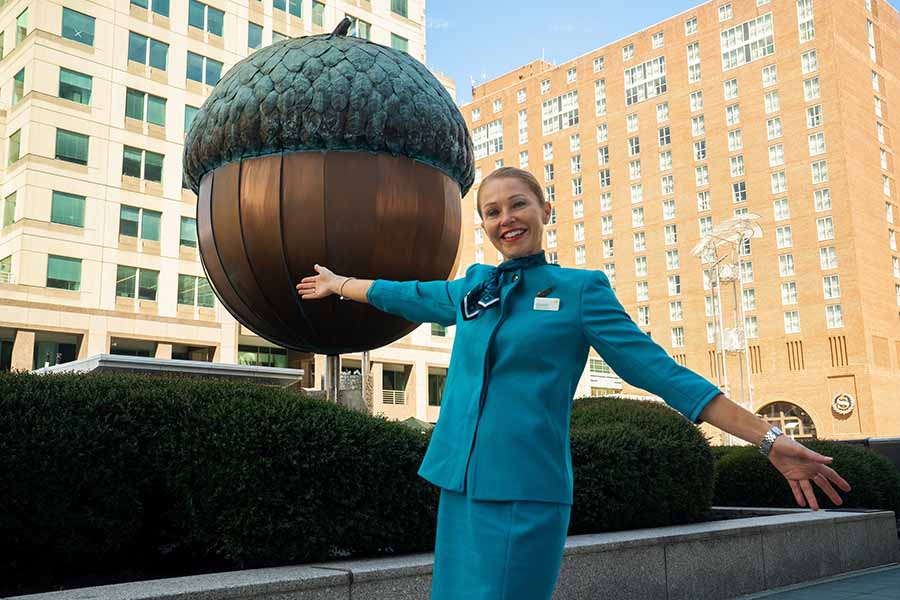
Visitors to the Research Triangle can discover a range of quieter attractions in Raleigh and Durham that offer straightforward ways to experience the area’s natural and historical sides.
Raleigh formed in 1792 as North Carolina’s capital, planned with wide streets and public squares to support government functions. Durham developed in the 1860s as a rail junction for tobacco trade, with warehouses and processing plants defining its layout until research institutions took over in the 20th century.
Highways and greenways tie the cities together, giving easy access to these out-of-the-way sites from the Raleigh-Durham International Airport.
- Those seeking spots away from main routes might start with the North Carolina Railway Museum in the southwest part of the area, where vintage locomotives and rail cars sit on tracks amid exhibits of old tools and maps.
- Just east of Raleigh in Wendell lies Robertson Millpond Preserve, an 85-acre site with calm waters for paddling and boardwalks through cypress trees.
- Mitchell Mill State Natural Area, outside Raleigh, features granite outcrops and short trails winding over rocky terrain dotted with wildflowers.
- The JC Raulston Arboretum at North Carolina State University provides paths through test gardens of plants from around the world, with benches along shaded borders.
- In Durham, the Satellite Park in the Burch Avenue Neighbourhood displays painted satellite dishes from the 1990s, arranged in a circle on grassy grounds open from dawn to dusk.
- The Cloud Chamber for the Trees and Sky on North Carolina State University’s campus creates patterns of light and shadow through a pedestrian tunnel lined with reflective panels. U
- mstead State Park spans woods and streams near Raleigh, with gravel paths for walking that lead past small lakes and picnic areas.
- Historic Yates Mill County Park holds a working grist mill from 1756 beside a pond, where visitors can watch the waterwheel turn and explore millrace trails.
- Further afield, the Eno River State Park offers rocky banks and forested loops along the water, reachable by a short drive from Durham. Lake Crabtree County Park provides a reservoir for fishing and kayaking, surrounded by flat paths through meadows. These locations give a sense of the region’s quieter landscapes and past, with free or low-cost entry at most sites.




